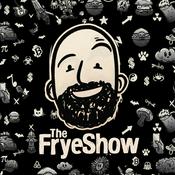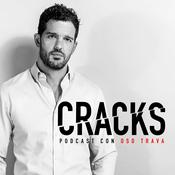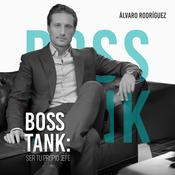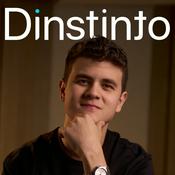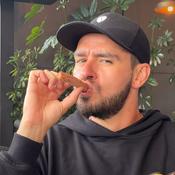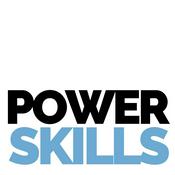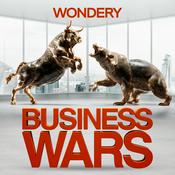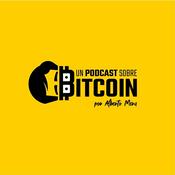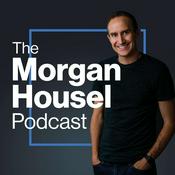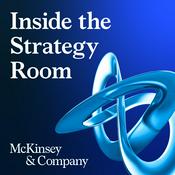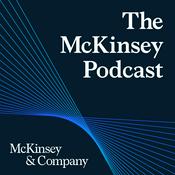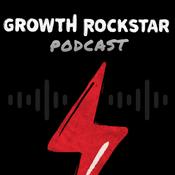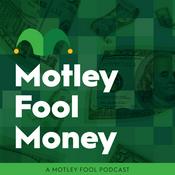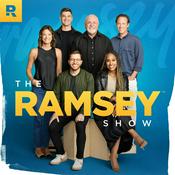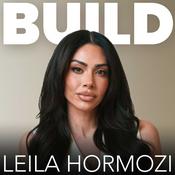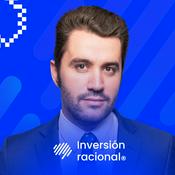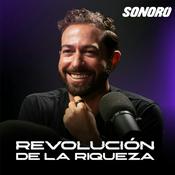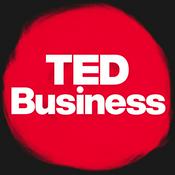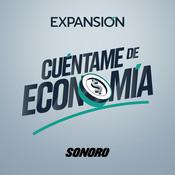46 episodios

Live @ Open Banking Expo Canada, 2025 - Canada Strong
24/12/2025 | 1 h 12 min
Recorded live at Open Banking Expo Canada in Toronto, Eyal is joined by Saba Shariff, Chief Strategy, Product & Innovation Officer at Symcor, a leading infrastructure provider to the largest Canadian banks. The road to open banking in Canada has been long and difficult. After many years of deliberation and delay, they finally passed their first open banking regulation in 2024, known as the Consumer-Driven Banking Act. Since then, progress has been stalled by political turmoil. However, with a new prime minister now in place and a renewed focus on nation building, Canada’s 2025 budget announcement aims to take their open banking efforts to the next level. Eyal and Saba discuss the journey of open banking in Canada so far, the approach taken in the Consumer-Driven banking regulation, and what the new budget announcement portends for the near future.Specifically they discuss:A history of open banking in CanadaThe Consumer-Driven Banking ActWhat makes Canada’s approach uniqueThe advantages of being lateBig updates from the 2025 budget

Live @ Fintech Americas, 2025 - Only Human
11/11/2025 | 52 min
Recorded live at Fintech Americas in Miami, Florida, Eyal is joined by author and advisor Chris Colbert, former Managing Director at the Harvard Innovation Lab and Partner at Digital Fuel Capital. Technological innovation is often a double-edged sword; despite our best intentions, the progress we make often comes with unintended consequences. As open banking and other technological initiatives change the nature of money itself, we must be thoughtful and intentional about the direction of that change, with a particular focus on human values. This episode looks at open banking and technology in general through a philosophical lens, asking how our innovations can help bring us closer to each other and closer to understanding ourselves. Eyal and Chris discuss the negative impact of technology, the role of humanism in designing better systems, and how open banking has a part to play. Specifically they discuss:The three technological pillars of societyModern negative consequencesHow humanism leads to better systems Measures for a successful societyKeeping the human at the center

Live @ Fintech Americas, 2025 - Brazil Redux
16/9/2025 | 54 min
Recorded live at Fintech Americas in Miami, Florida, Eyal is joined by Matheus Rauber, Senior Advisor and Head of the Open Finance division at the Central Bank of Brazil. Of all the countries that have begun their open banking journeys, few have been as successful as Brazil. Today, their open finance ecosystem supports broad consent-based data sharing (including for insurance and investments), seamless integration with a public real-time payment rail, and a comprehensive trust framework for accreditation and liability. While many are familiar with Brazil's early success in 2021, far fewer know what has happened since then; this conversation revisits Brazil, to see where they are today, four years later. Eyal and Matheus discuss how Brazil achieved their early success, some of the challenges they have faced since, and where they intend to go next in maintaining their coveted position as global leaders. Specifically they discuss:Brazil's road towards open finance Challenges faced along the wayBalancing the market and regulations The critical importance of governanceNext steps for Brazilian open finance

Live @ Money 20/20, 2024 - The U.S. Cores
02/5/2025 | 42 min
In the final episode recorded live from Money 20/20 in Las Vegas, Nevada, Eyal sits down with leaders from the the three major U.S. core banking providers: Hashim Toussaint, General Manager of Digital & Open Banking at FIS; Chad Killingsworth, Head of Engineering at Jack Henry; and Sunil Sachdev, SVP, Head of Embedded Finance at Fiserv. Among them, these three providers serve not dozens or even hundreds of banks, but thousands, as they enable the long tail of a richly diverse and populous American banking ecosystem. Given their reach, for open banking to succeed in the U.S. the cores will have to embrace it, and throughout this discussion our guests break down exactly how their firms intend to do so. The conversation covers the latest regulatory developments, including the new compliance timeline, the exclusion of smaller banks from regulatory requirements, and how the U.S. cores are ultimately being driven by the real demands of digitally-savvy consumers more than by regulatory mandates. Specifically they discuss:The role of core banking providersThe CFPB rule and compliance timelines Security frameworks and API strategies Smaller banks’ exclusion from regulationThe choice to build vs. buy vs. partner

Live @ Money 20/20, 2024 - Mr. Open Banking & Friends
17/4/2025 | 58 min
Recorded live at Money 20/20, 2024 in Las Vegas, Nevada, Eyal is joined by three leading voices from the open banking community whom he knows rather well: Michelle Beyo, CEO & Founder of Finavator; David Birch, Author, Advisor and Principal at 15Mb; and Don Cardinal, Senior Vice President at the Financial Data Exchange. Together, they examine how open banking is taking shape across Canada, the United Kingdom, and the United States, offering insights informed by their respective regions. Between them, they provide a global perspective on the evolution of open banking, not only based on activity in different regions, but across the three main pillars of open banking infrastructure: data sharing, real-time payments, and digital identity. David delves into the UK's early open banking implementation, Don explores the U.S.’ market-driven approach to open finance, and Michelle shares her advocacy for a human-rights-based view of data ownership. From universal data rights to the rise of digital wallets, this conversation provides a comprehensive look at where the open banking standard is today and where it is headed. Specifically they discuss:Global approaches to open banking The significance of data rightsReal-time payments and digital walletsHow digital identity plays a crucial roleThe future of open banking in the US
Más podcasts de Economía y empresa
Podcasts a la moda de Economía y empresa
Acerca de Mr. Open Banking
Escucha Mr. Open Banking, The Frye Show y muchos más podcasts de todo el mundo con la aplicación de radio.net
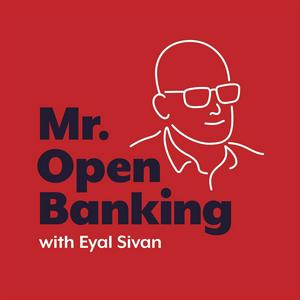
Descarga la app gratuita: radio.net
- Añadir radios y podcasts a favoritos
- Transmisión por Wi-Fi y Bluetooth
- Carplay & Android Auto compatible
- Muchas otras funciones de la app
Descarga la app gratuita: radio.net
- Añadir radios y podcasts a favoritos
- Transmisión por Wi-Fi y Bluetooth
- Carplay & Android Auto compatible
- Muchas otras funciones de la app


Mr. Open Banking
Descarga la app,
Escucha.
